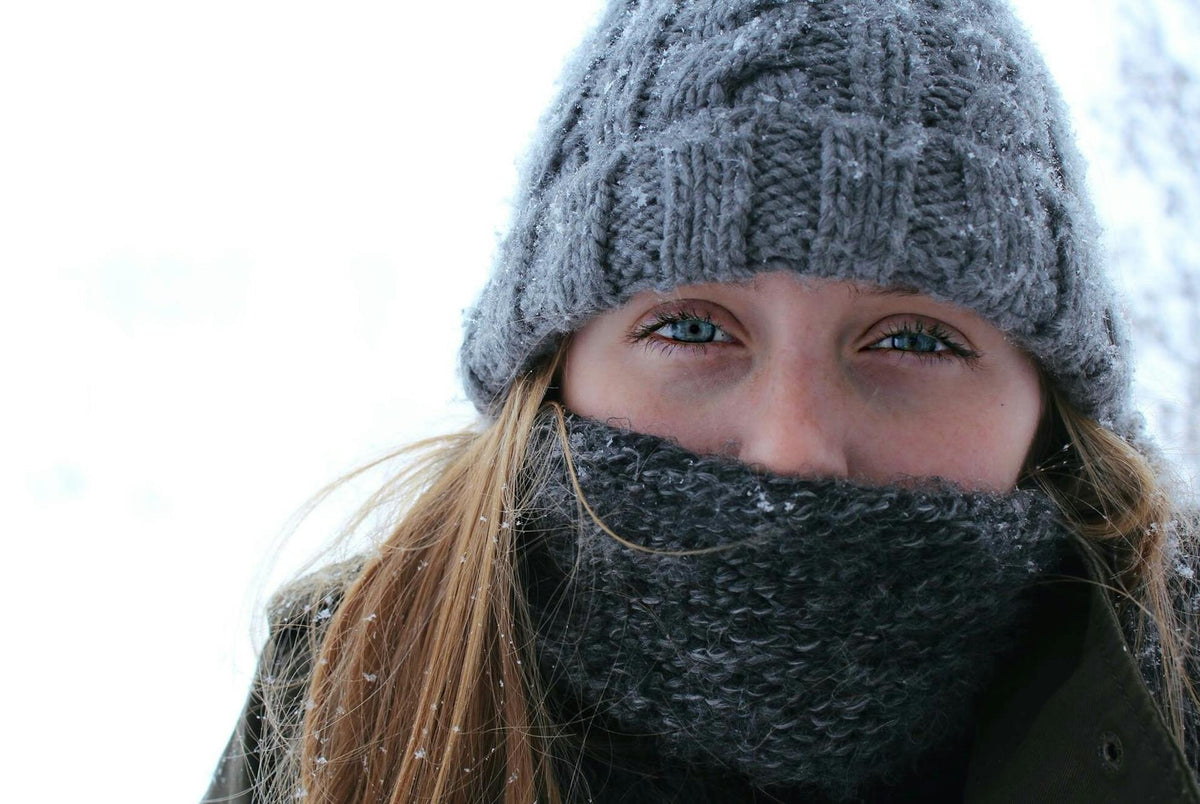Summer has finally arrived and that means one thing for certain – a bit of fun in the sun! As much as we all love to soak up some rays (poolside, at the beach, or standing at the grill) the truth is that the change of seasons can also bring the threat of breakouts along with it.
As a matter of fact, June is acne awareness month, something that’s been top of mind for Senté for some time. As we move into warmer weather, here are a few tips on how to keep your skin in tip-top shape in the months to come.
1. Stop Acne Before It Starts
Before we start talking about what to do, it may be helpful to first discuss what not to do. That is – subject your face to ingredients or treatments that may actually hinder the health of your skin rather than enhance it.
In an earlier Senté post, we outlined some of the worst offenders: phthalates, siloxanes, any synthetic fragrance, mineral oil, and SLS / SLES (sodium lauryl sulfate, sodium laureth sulfate). The latter two ingredients are particularly detrimental concerning acne breakouts, exacerbating or instigating them.
Avoiding over-exfoliation, excessive touching of one’s problem areas, and making sure you swap out the pillowcase coverings for fresh ones on a regular basis can also help prevent breakouts.
2. Make Some Easy Lifestyle Changes
According to AlaskaFamily Dermatology, an oft-overlooked aspect to reducing acne relates to several lifestyle choices.
Emphasizing the importance of an intake of a balanced diets rich in fruits, vegetables, and lean proteins, the clinic stated that avoiding excess sugar and overly processed foods was equally important on the other side of the equation, as these “can contribute to inflammation and acne.”
Hydration, proper sleep, stress management and, of course, exercise were also cited as factors in reducing the frequency and intensity of acne breakouts.

3. Build a Healthy, Holistic Daily Skincare Routine
Building a foundation of healthy and holistic skincare habits is vital, and having a suite of gentle (and safe) products on hand is part of doing so.
Senté's Dermal Repair Cream is a staple for those who often find themselves facing issues with acne or rosacea. Combining our patented HSA -- heperan sulfate analog, which boosts the skin's immune response to inflammation and promotes repair from within -- alongside vitamin E and green tea extract, this bestselling cream can help you begin your journey to clearer skin.
If you're looking to team the Dermal Repair Cream with a partner in fighting for healthier skin, Senté's Bio Complete Serum contains two retinoid forms -- retinol and retinyl safflowerate -- to provide some relief to those battling acne. As a 2017 Dermatology and Therapy research paper indicated in its title, retinoids have been "a mainstay of therapy for acne" for some time.
4. Treat Acne Breakouts As Necessary
Sometimes, acne just happens. Some people are naturally more prone to breakouts than others, no matter how much effort they may take in a preventative fashion.
If this is the case for you, the Mayo Clinic advises that you first consider a gentle non-prescription treatment regimen, beginning with benzoyl peroxide (in lower concentrations) or adapalene (a retinoid).
"If you're not sure which acne product to buy, start with one that contains benzoyl peroxide, adapalene or both. Either one is effective and usually well tolerated. Some studies show that they are more effective when combined. Give it a few days before expecting to see results," Mayo Clinic staff outlined.
"Start with lower strength acne products. This can help minimize inflamed, dry skin and other problems. If needed, slowly increase the strength of the product you use and how often you use it. Do this over several weeks. This helps your skin adjust to the treatment."
5. For More Severe or Chronic Acne Breakouts, Consult a Dermatologist
If nonprescription solutions and the above steps haven't alleviated the acne, it would be wise to consult with a dermatologist over the best next steps to take.
"For more severe acne, a dermatologist may prescribe oral medications such as antibiotics or isotretinoin. These medications work to reduce inflammation, kill bacteria, and regulate oil production... In some cases, dermatologists may recommend in-office treatments like chemical peels, or corticosteroid injections to address more severe or persistent acne," AlaskaFamily Dermatology indicated.
The views or external links featured on this blog represent the opinions of their respective contributors and may not necessarily reflect the position of Sente. All content is provided for informational/educational purposes and is based on personal experiences, observations, or research. While every effort is made to ensure accuracy, Sente makes no representations or warranties about the completeness, reliability, or accuracy of the information presented. The information and opinions shared on this blog do not constitute medical advice. Readers are encouraged to independently verify information and should consult a qualified healthcare professional for diagnosis and treatment of any medical condition.



